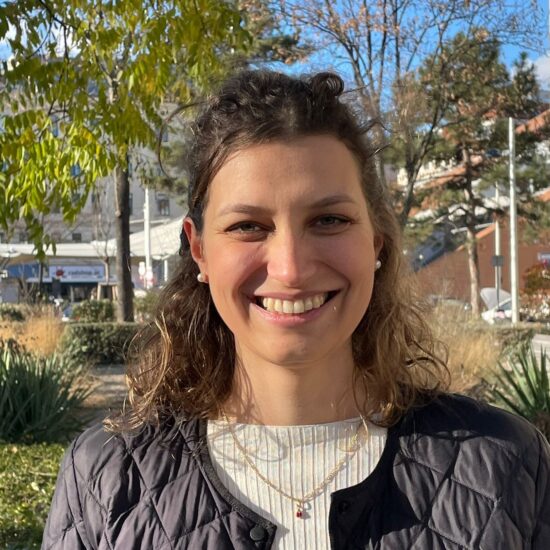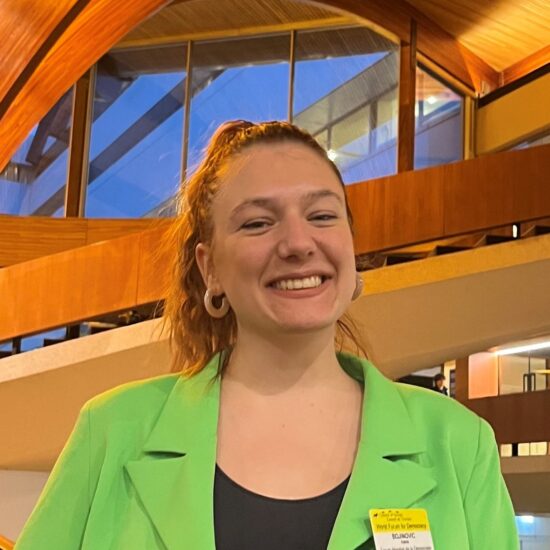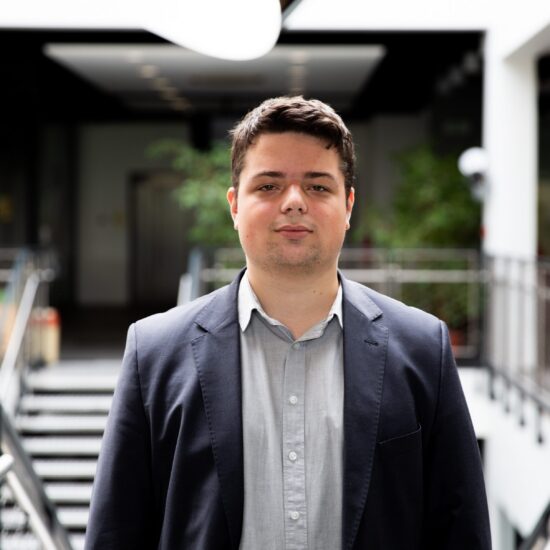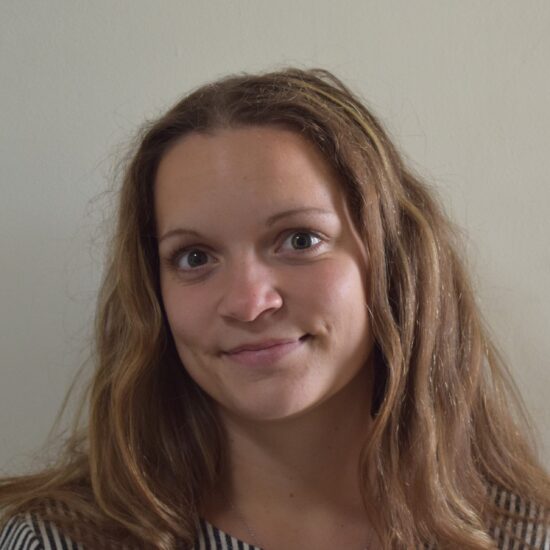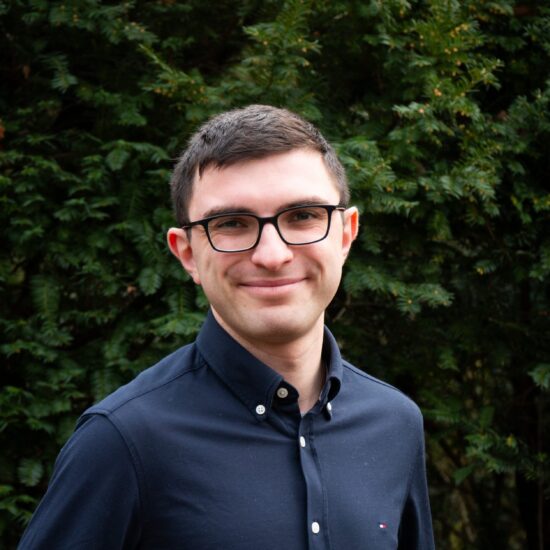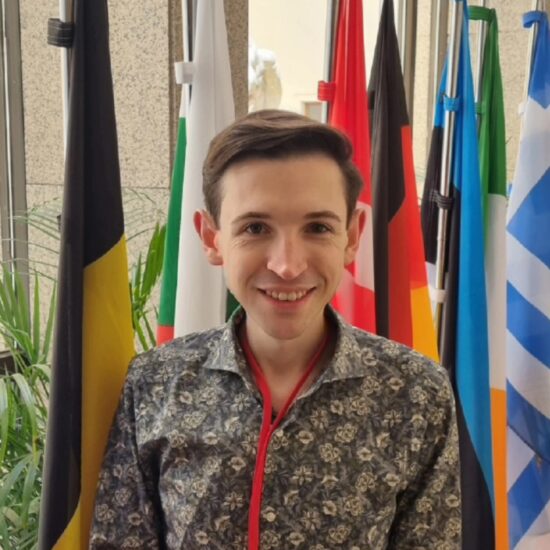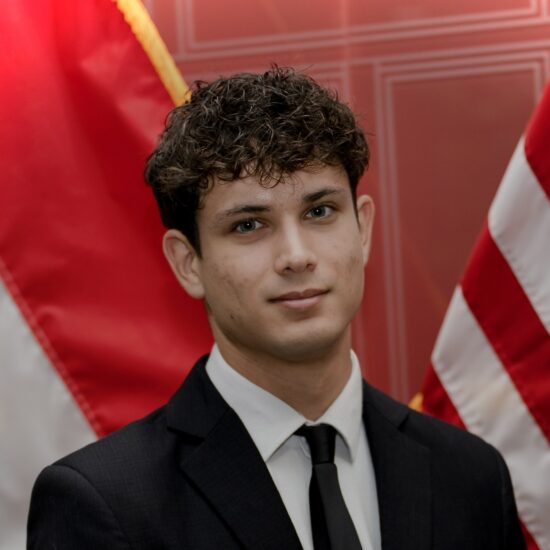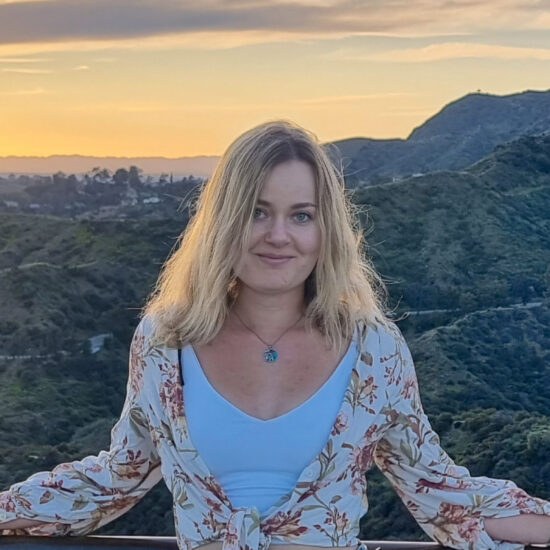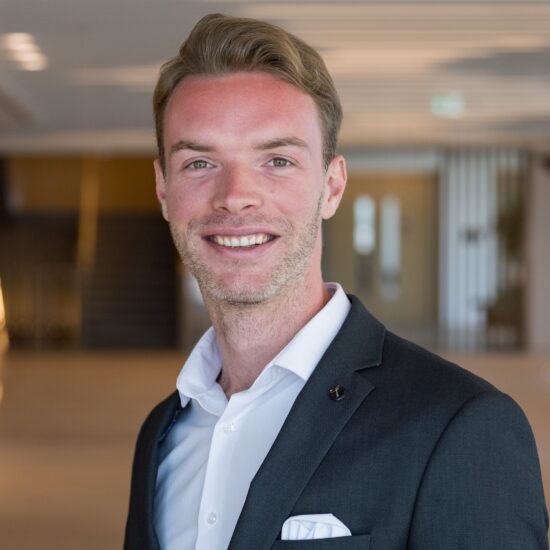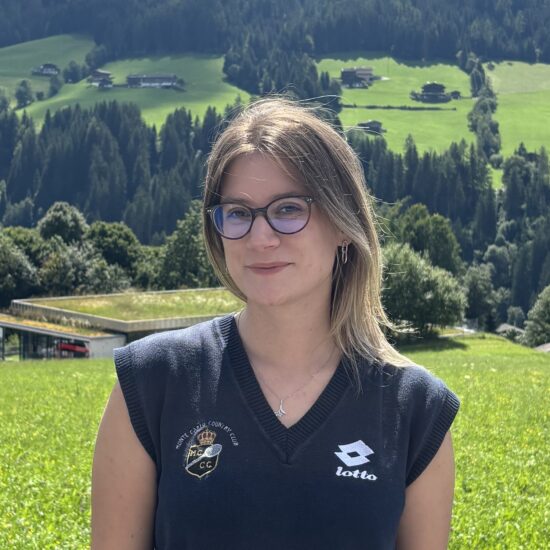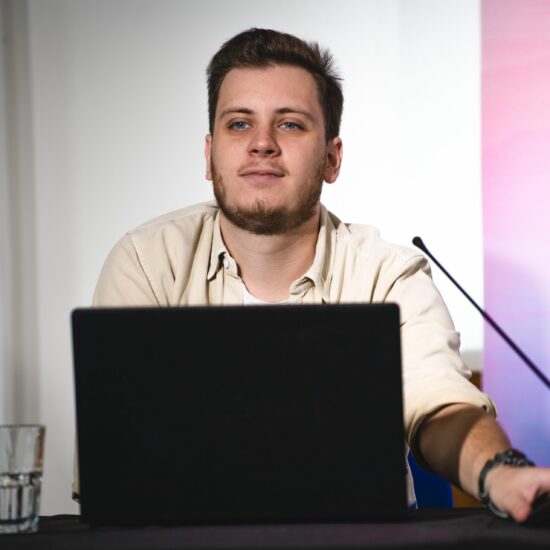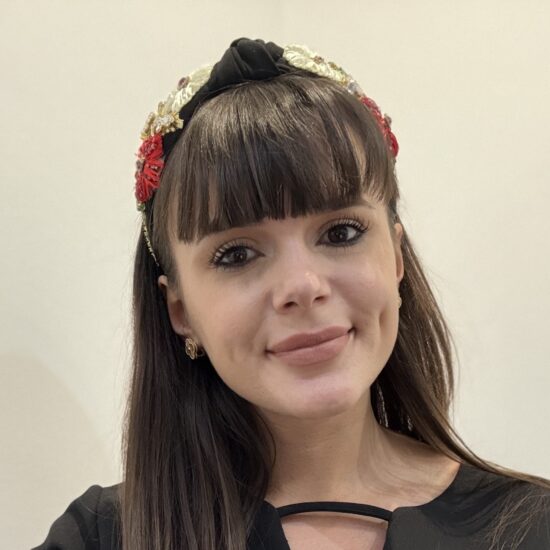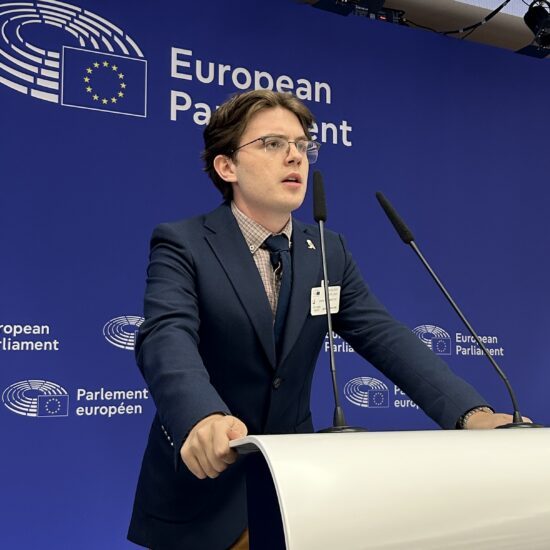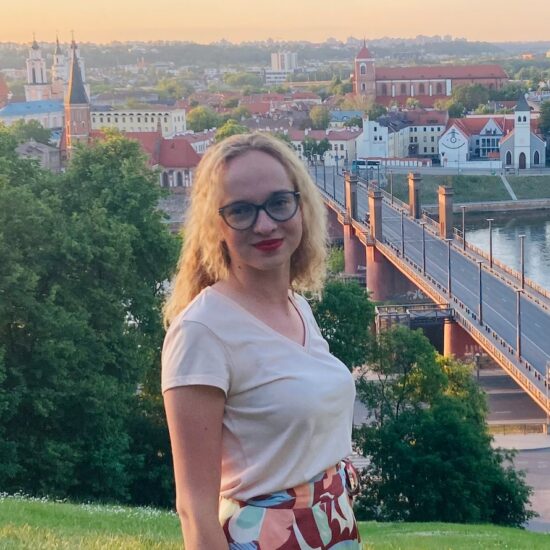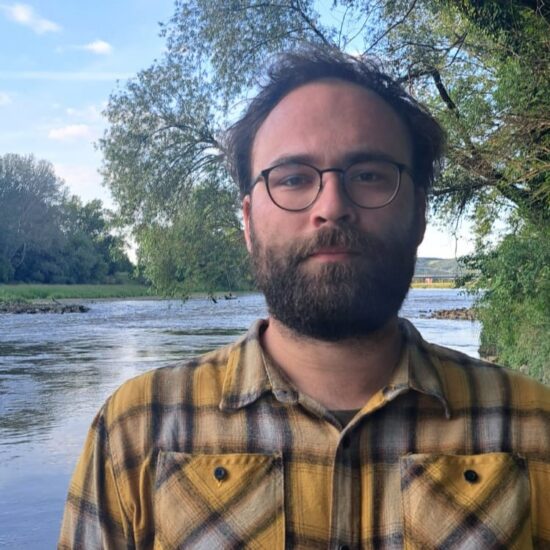
The Danube Youth Council (DYC) has been established as of October 2022, as a structure for institutional involvement of young people in all EUSDR bodies to make ideas and viewpoints of young people heard and considered on a political level.
The DYC is composed of 28 members (18-29 years of age), 2 members from each of the 14 Danube Region countries (Austria, Bosnia and Herzegovina, Bulgaria, Croatia, Czechia, Germany, Hungary, Republic of Moldova, Montenegro, Romania, Serbia, Slovakia, Slovenia and Ukraine). The members of the Youth Council may:
- propose concrete actions and projects and suggest topics
- bring ideas to the attention of high-level politicians from EUSDR states and regions
- contribute to the EUSDR priorities and policies
- raise attention for the special features of their regions at the transnational level
- participate in all youth activities of EUSDR
- participate in EUSDR events as well as international and EU related youth events
For the first 13 months of its existence (1 October 2022 – 31 October 2023), the Danube Youth Council was funded as a Pilot Action by the European Commission and co-funded by the City of Vienna. This financial support covered travel and accommodation costs of DYC members for meetings and events.
Starting on 1 November 2023, the Danube Youth Council moved from the Pilot Action to long-term implementation. A long-term financing concept was endorsed by EUSDR NCs and ensures that the DYC members can continue to contribute to the EUSDR.
Activities of the DYC include:
- participation in EUSDR core governance meetings, to represent the viewpoints of the young generation and provide EUSDR stakeholders with advice and recommendations
- involvement in EUSDR Priority Areas
- active contribution to the EUSDR Annual Forum and other events/conferences
- collaboration with the respective EUSDR Presidency
- joint work on specific thematic issues relevant to the Danube Region, e.g. through the publication of papers/essays.
DYC Members 2025/2026 (fourth mandate year)
A brief introduction of each DYC member will open up when clicking on the picture.
Caroline Lercher Tauber
Ines Poppinger
Ivana Milosevic
Anes Mušić
Tamás Vincze
Sára Molnár
Cătălin Creciunel
Danil Rodionov
Marija Blažević
Marko Vukčević
Irina Ana Ilie
Ioana Constantinescu



